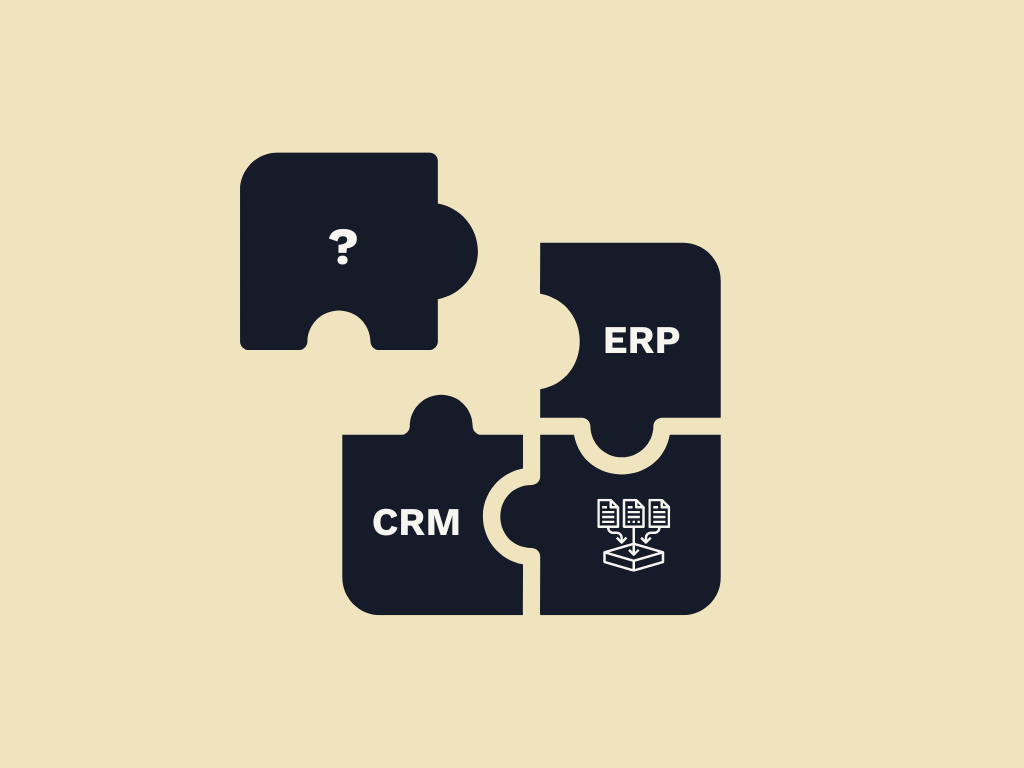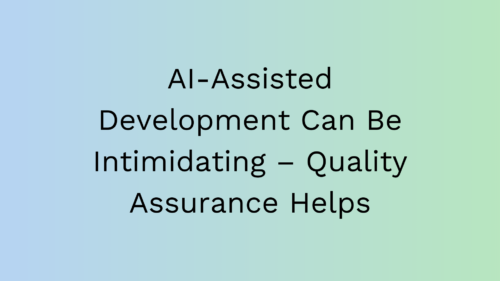What are the benefits of QA when using only off the shelf software?
06.05.2024

If a company relies solely on off-the-shelf software and/or SaaS solutions, it might not always consider the importance of comprehensive quality assurance. Companies often use ready-made solutions where different developers ensure that the software is tested. But how can you make sure that all these software systems work together seamlessly and support business processes? What defines the organization’s overall quality and software testing requirements? We’ve gathered the key points on this topic in this article.
Seamless integration:
Today, there are many systems that need to work seamlessly together. Whether it’s cloud-based, SaaS solutions, or fully customized software, integrations must run smoothly. If all software is purchased externally, having an independent third party to ensure overall quality is often beneficial. No complete solution is ever truly finished, and individual software components develop at their own pace. A small change in one part can mean a significant change in the entire system. Therefore, quality needs to be maintained, and this requires someone who understands the overall architecture of the software and its requirements.
Critical systems:
In some cases, especially with business-critical systems, reliability is an absolute requirement. These systems simply must work all the time. Therefore, the reliability of integrations and the overall quality of the system become crucial. Quality assurance also includes identifying and managing product risks.
An external entity brings expertise to the table and shares the responsibility for maintaining quality, ensuring that the organization can rest easy.
Quality strategy:
It’s important for a company to have its own quality strategy that covers all digital development. This ensures that quality is approached consistently across all units and development activities according to the same principles, practices, and business needs.
Quality assurance is not just about performing tasks; it’s a strategic choice. How do we ensure that the whole system works flawlessly and how do we systematically improve quality? Answering this question helps the organization find the right tools and processes to maintain quality.
The auditing role of a QA partner:
Even if multiple software applications are not in use, it’s often beneficial to employ an external audit partner. An outside perspective and expertise provide new insights and help ensure that the software is of high quality, meets the organization’s and users’ quality requirements, and considers business processes. Additionally, quality assurance performed by an external party is guaranteed to be independent.
Quality in your own hands:
Ultimately, quality means being able to trust that systems work as expected and add value to the business. Therefore, keeping quality comprehensively within your control or at least as close as possible is extremely important.

Conclusion
Even if off the shelf software is being used, expertise in quality assurance obtained from an independent entity is definitely beneficial. It helps ensure that systems work together seamlessly, are reliable, and meet the quality requirements derived from business needs.
- Blog |
- QA |
- Software testing




